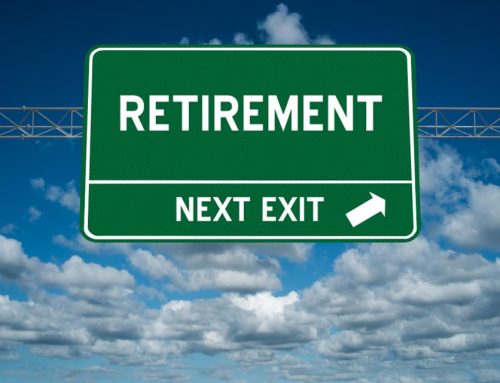The countdown to the end of the financial year may not create the same excitement as the approach of New Year’s Eve, but it does have one saving grace. With a little bit of planning before June 30 you could end up with a welcome financial pick-me-up after the Christmas-New Year spending spree.
The general rule as June 30 approaches is to bring forward tax-deductible expenses to the current financial year and delay income until next financial year. All claims for work-related expenses must be documented unless your total claim is for $300 or less.
Small business
Small business owners with turnover below $2 million received some welcome tax concessions in the May budget, beginning with an immediate deduction for assets costing up to $20,000. This compares with the previous threshold of $1000.
This will apply to assets purchased after budget night until 30 June 2017. So if you’ve been tossing up whether to buy that new piece of equipment, hop to it before June 30.
From July 1, the income tax rate for small business will reduce to 28.5 per cent so it makes even more sense this year to delay income where possible.
Top up your super
If you have any spare cash, put it to work in your superannuation fund to boost retirement savings and reduce your tax bill at the same time. Just make sure you stay within your contribution limits.
Concessional (pre-tax) contributions for the year ending June 30, 2015 are capped at $35,000 a year if you were 49 years or older on June 30, 2014, and $30,000 a year if you were younger. The beauty of these contributions is that they are taxed at just 15 per cent (or 30 per cent if you earn more than $300,000) rather than your marginal rate.
Non-concessional (after-tax) contributions are capped at $180,000 a year or, if you were aged 64 and under at 1 July 2014, $540,000 over a three-year rolling period. Once your money is in super, investment earnings are taxed at 15 per cent rather than your marginal rate, and tax free in pension phase.
Individual tax rates 2014-15*
| Taxable income | Tax on this income |
|---|---|
| 0 – $18,200 | Nil |
| $18,201 – $37,000 | 19c for each $1 over $18,200 |
| $37,001 – $80,000 | $3,572 plus 32.5c for each $1 over $37,000 |
| $80,001 – $180,000 | $17,547 plus 37c for each $1 over $80,000 |
| $180,001 and over | $54,547 plus 45c for each $1 over $180,000 |
* The above rates do not include the Medicare levy of 2% or the Temporary Budget Repair Levy of 2% for taxable incomes over $180,000. Source: ATO
Take advantage of government contributions
If you earn less than $34,488 this financial year and make an after-tax contribution to super, then you are entitled to a government co-contribution of up to $500. The co-contribution tapers out once you earn $49,488.
Start your transition to retirement
If you are over 55 and thinking about a transition to retirement pension with some of your super savings, it may be worth starting one in June. While you are required to withdraw a minimum amount each year, you won’t have to take any money out this financial year.
Because investment earnings are tax-free in pension phase, your money can sit in your account tax-free for 13 months before you have to make a withdrawal. If you turn 60 in the meantime, withdrawals will also be tax free.
Don’t forget pension withdrawals
If you have a self-managed super fund, remember to make the minimum withdrawal from your super pension by June 30 or risk losing its tax-free status.
The minimum amounts start at four per cent for those aged 55-64, rising to 14 per cent for those aged 95 or older.
Review your investment portfolio
If you are sitting on any paper losses from shares or other investments you might want to sell some of your poor performers to offset against capital gains from other investments.
Where possible, it makes sense to sell investments held for at least 12 months to qualify for the 50 per cent capital gains tax discount.
Claim rental property deductions
After another year of surging property prices, there will be many new landlords hoping to claim all their allowable rental property deductions.
You can claim an immediate deduction for interest on your investment loan, repair and maintenance and tenancy costs such as the preparation of a lease or eviction.
You can also claim some expenses over a number of years, such as the cost of depreciating assets, structural improvements and borrowing costs such as stamp duty and loan fees.
While you should maintain a year-round focus on your financial situation, there is still time for some last-minute fine-tuning, but please do not hesitate to speak to us for advice about your personal financial situation.







